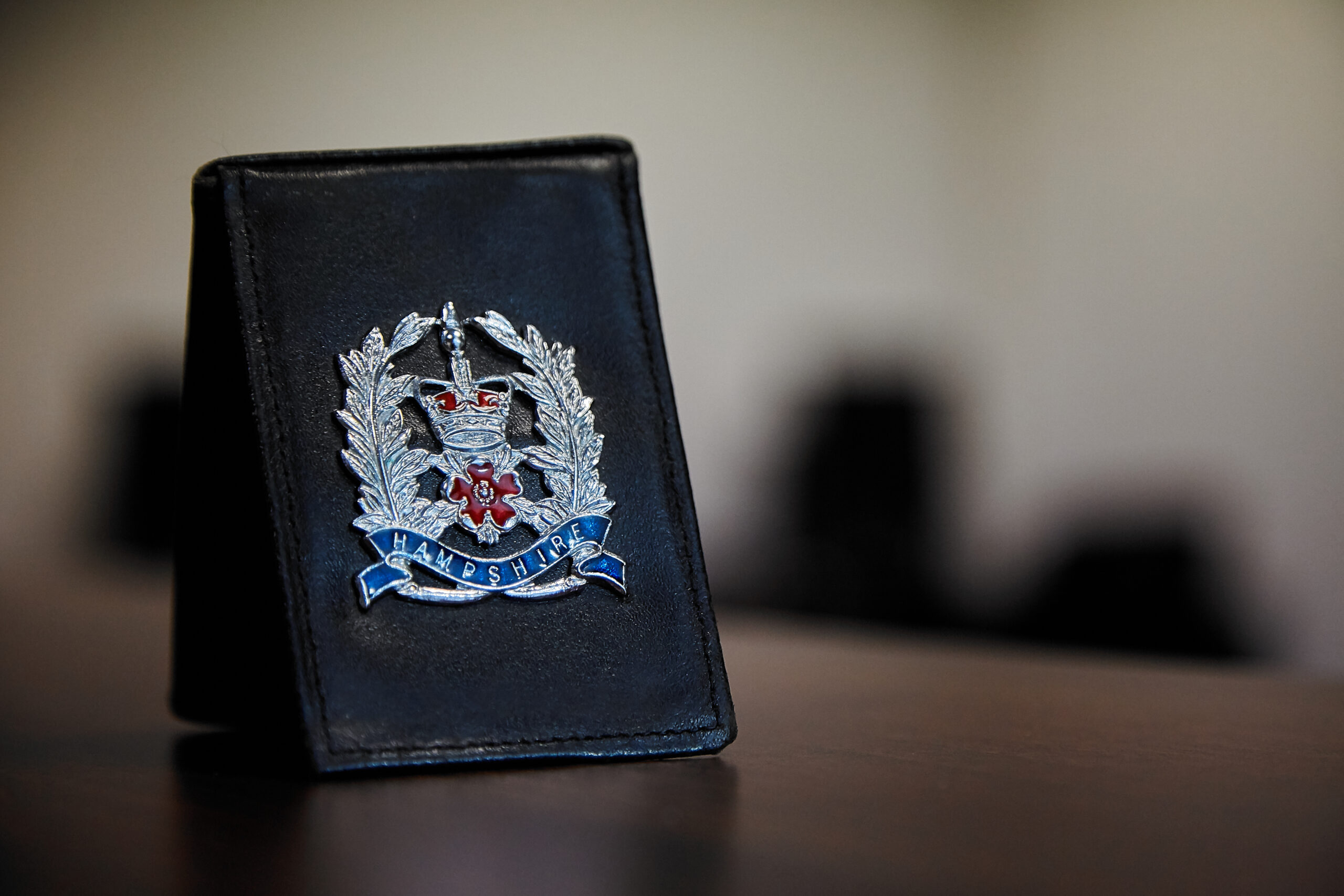Officers Are At Breaking Point Due To Trauma
Increasing numbers of Hampshire officers are “completely breaking” due to trauma, Hampshire Police Federation has said.
Chair Zoë Wakefield was speaking as Police Care UK produced a Police Traumatic Events Checklist, which shows what experiences are most commonly considered traumatic by officers and staff of all ranks across policing.
The checklist, which was produced in collaboration with the Police Federation of England and Wales, can be used by individual officers, supervisors, the Federation, counsellors or other relevant parties.
A 2018 survey by Police Care UK found that more than 90% of UK police officers have had traumatic experiences on the job, with over 20% still being affected by those incidents to clinical levels of disorder (such as PTSD).
Zoë said: “We’re seeing increasing numbers of officers completely breaking after witnessing all that trauma. Our force does a lot, but there are limits.”
Hampshire police officers are among those benefiting from Intensive Trauma Treatment from Police Care UK.
Zoë said: “Police Care UK is an absolutely fantastic organisation – the number of our officers it’s supporting, it’s phenomenal. It is making a huge difference to those officers.”
But she added that there was a whole swath of officers whose trauma comes from outside policing, and they were finding it harder to access help.
She said: “We’re finding that officers join us, and the trauma they’re exposed to in the police reignites or reopens old wounds from their personal life or previous employment. That’s a whole other thing, because Police Care UK has to focus on those officers who are poorly through police work. These people aren’t poorly through police work, it’s from stuff that’s gone on previously, and that’s really hard as well.
“We as a Federation are doing everything we can to support them, but as with the mental health service, there just isn’t enough support out there. We’ve got lots of people on lots of waiting lists for lots of types of counselling, trauma therapy and, of course, while they’re waiting they’re not getting any better.
“Again it comes back to investment. If forces had more money, they could pay. Our force has talked about employing a psychologist who can see people early on, so that we get people help before they break. But they need funds for that.
“We’re always having conversations with our force about what it can offer, what it’s having to cut back on. This is an area where they shouldn’t be cutting back. They should have the funds to be able to provide that support to officers.”
